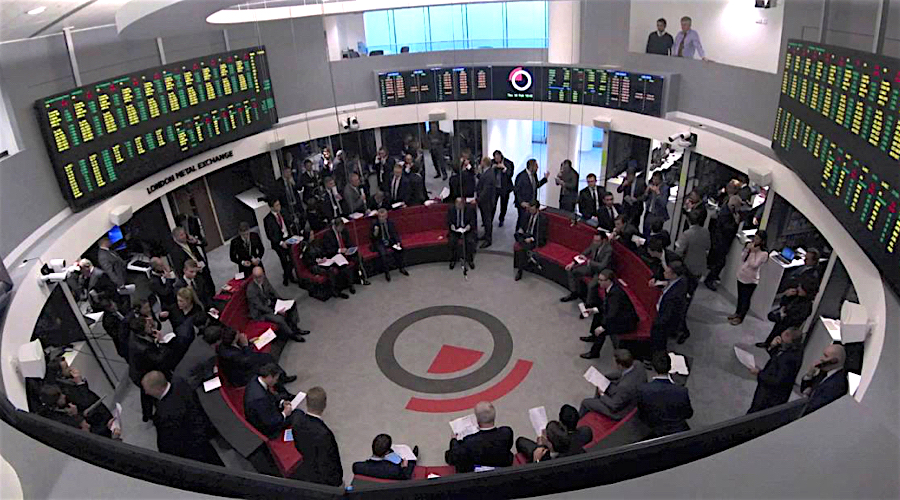
It also allows users to disclose information on Environmental, Social and Governance (ESG) credentials, including carbon footprint, water use and social impact.
Aluminum, which requires huge amounts of power to smelt, is one of the most carbon-intensive metals, emitting an average of 16.5 tonnes of CO2 per tonne of production
The exchange said existing paper and PDF format documents can be easily scanned and integrated into the platform, transforming previously unstructured data into information that can be queried and reported on.
Aluminum, which requires huge amounts of power to smelt, is one of the most carbon-intensive metals, emitting an average of 16.5 tonnes of CO2 per tonne of production. In contrast steel processing, while a much bigger polluter overall, emits just 2.3 tonnes per tonne.
About 60% of aluminum emissions are from electricity used to smelt raw materials into the lightweight metal, according to a report released by the industry group in March that detailed ways to reduce emissions.
Demand for the metal is due to grow by 80% to around 180 million tonnes of semi-fabricated products by 2050, mainly because it is needed to help other sectors cut emissions, as well as in electric vehicles, “green buildings” and power cabling, the study from the International Aluminium Institute shows.
The sector must find ways to slash its CO2 emissions from the current levels of 1.1 billion tonnes to 250 million tonnes by 2050, the study says. If nothing is done, they are projected to grow to 1.6 billion by then.
Staged adoption
The LME is also launching a spot trading platform for lower carbon aluminum, made using renewable power.
Disclosure of sustainability data will at first be voluntary, but the exchange will work with liaise with the market to “monitor take-up and decide next steps as appropriate.”
Aluminum producers will be able to use the register from Oct. 1 and other metal producers will follow from Jan. 1, it said.
By 2023, all LME metals requiring a CoA will have to use a LMEpassport. And by Jan. 1 2024, producers of all LME-listed brands will be required to directly register new metal production details into the register.




